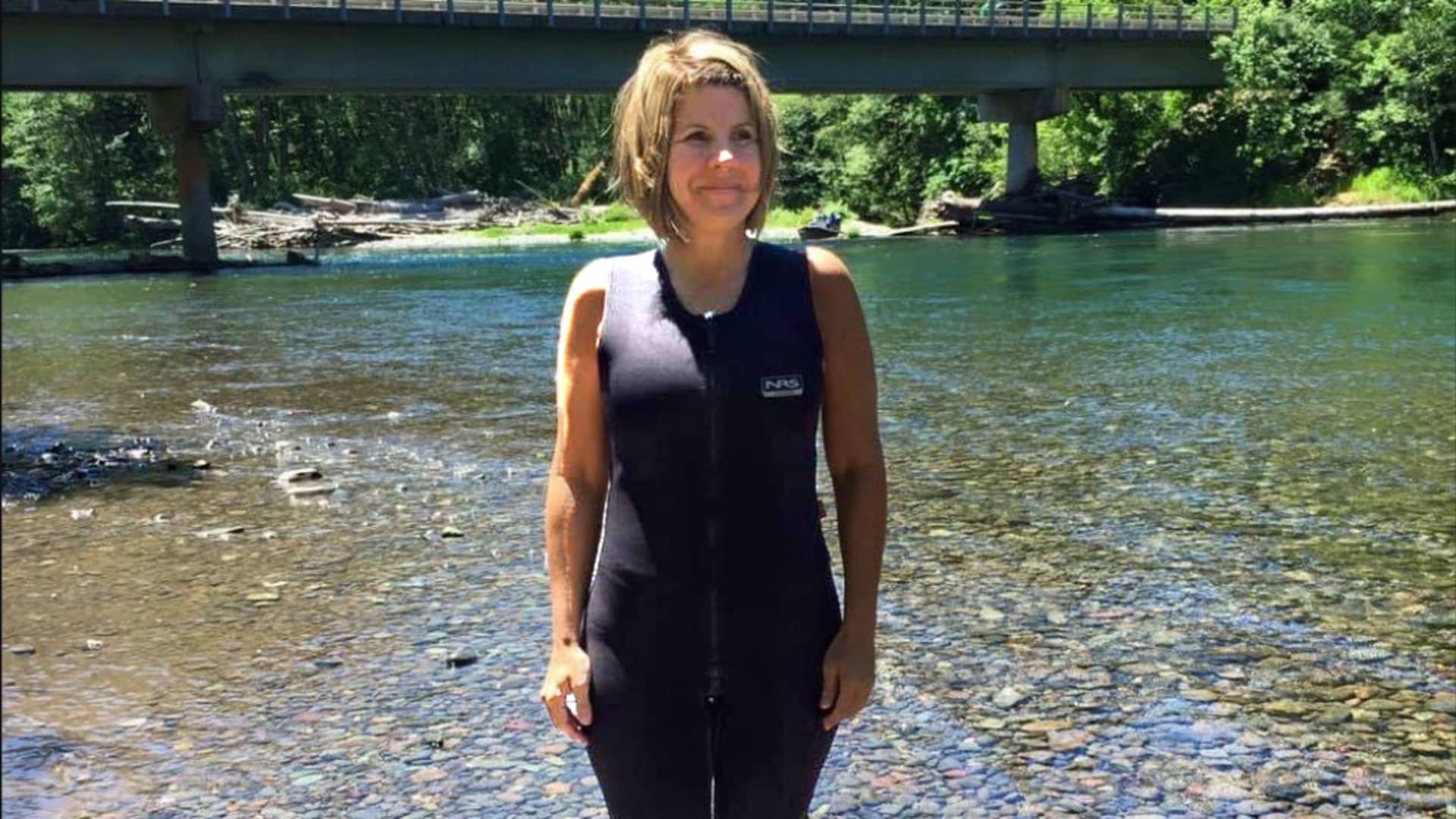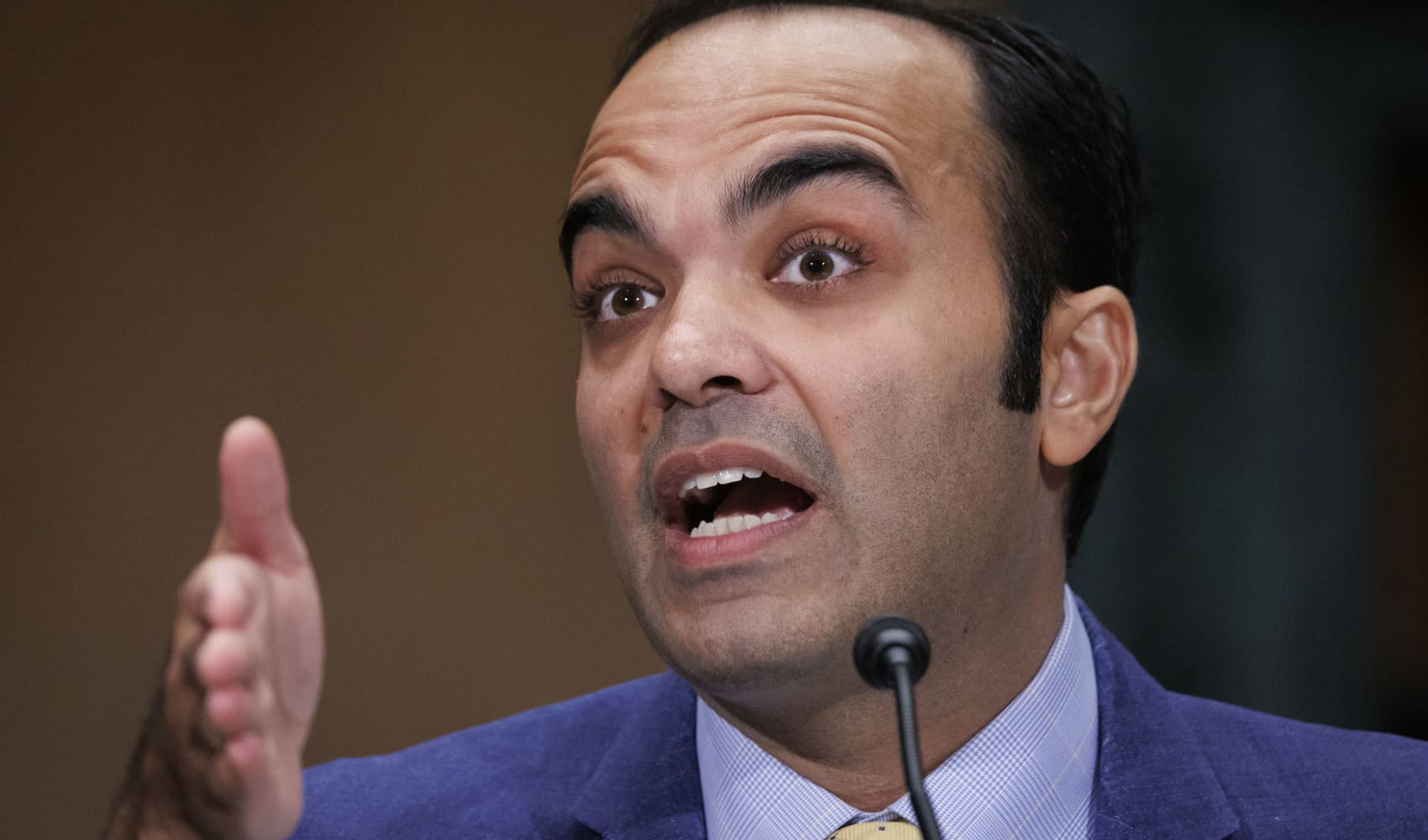
- Long Covid can be a disability under the Americans with Disabilities Act, but getting approved for disability insurance is challenging.
- To qualify, "a person must have a medical condition or combination of conditions that prevents the individual from working and is expected to last at least one year or result in death," according to the Social Security Administration.
Michael Bryand, 35, first got Covid in September 2020. "I never really got better," he said in a sit-down interview with CNBC.
"I had symptoms that stayed with me and that are still with me."
Get Philly local news, weather forecasts, sports and entertainment stories to your inbox. Sign up for NBC Philadelphia newsletters.
Bryand, who was working at Wells Fargo in San Antonio at the time, went on short-term disability and then long-term disability but was later denied Social Security Disability Insurance, or SSDI.
Although the Biden administration is looking at ending the public health emergency over the next few months, many who get sick but survive Covid suffer from enduring health problems, studies show. And currently, as many as 23 million Americans have what's considered long Covid, according to recent estimates from the U.S. Department of Health and Human Services. As many as 4 million people are likely out of work due to the illness, a separate report from the Brookings Institution found.
Money Report
Long Covid is 'something invisible'
Long Covid can be considered a disability under the Americans with Disabilities Act, or ADA, but getting approved for disability insurance is challenging.
Many have been routinely denied despite being unable to work because they can't get the documentation they need from specialist physicians. These specialists must provide a diagnosis and a prognosis, which can be hard to determine for some symptoms, like cognitive dysfunction, or for symptoms that change over time, HHS found.
"I've had chest pains," Bryand said. "I've had fatigue that doesn't go away." And yet, Bryand's condition is hard to measure and harder to prove.
"That's probably the toughest thing about long Covid — having people believe or understand because it's not like a broken arm where I can show them," he said. "It's something invisible."
For now, Bryand is on unpaid leave from his current employer, Citibank, although the husband and father of two says it's increasingly hard to make ends meet.
"I don't really have a … life at this point," he said. "I'm just trying to manage my symptoms."
'I don't want to be on disability'
Jennifer Ramey, 49, hasn't been able to go back to work either.
Ramey was a nurse in San Antonio for 30 years before she got Covid in 2020. After her initial symptoms, she developed a rare condition called autoimmune autonomic ganglionopathy.
"I don't want to be on disability," she said. "I would give anything if I could have a day in the life of working as who I was before."
And yet, Ramey suffers from brain fog, anxiety and extreme fatigue. After work, "I'd just pull over at a gas station or Walgreens and sleep in my car for an hour just so I could make it home," she said. "And it was seven miles."

Ramey was also denied SSDI.
Dr. Monica Verduzco-Gutierrez, professor and chair of the Department of Rehabilitation Medicine at the University of Texas Health Science Center in San Antonio, called Ramey's denial for disability benefits "mind-blowing."
"This is someone who was a 100 mph nurse prior to this and she was working in a cardiology practice, and she ran several half marathons and marathons and climbed mountains," Verduzco-Gutierrez said.
Verduzco-Gutierrez works primarily with Covid patients, including Ramey and Bryand, through the long Covid clinic she established in 2020. She also spends a lot of her time on disability applications.
Of the long Covid patients she has seen, only 2 out of 50 who have applied for SSDI have been approved so far, she said.
To date, the Social Security Administration has flagged about 44,000 disability claims nationally that include Covid as one of the medical conditions, according to agency spokeswoman Nicole Tiggemann, making up just 1% of all disability applications the agency has received.
To be approved, "a person must have a medical condition or combination of conditions that prevents the individual from working and is expected to last at least one year or result in death," Tiggemann said.
"Disability evaluations are based on functional limitations that affect an individual's ability to work, not a diagnosis," she added.






